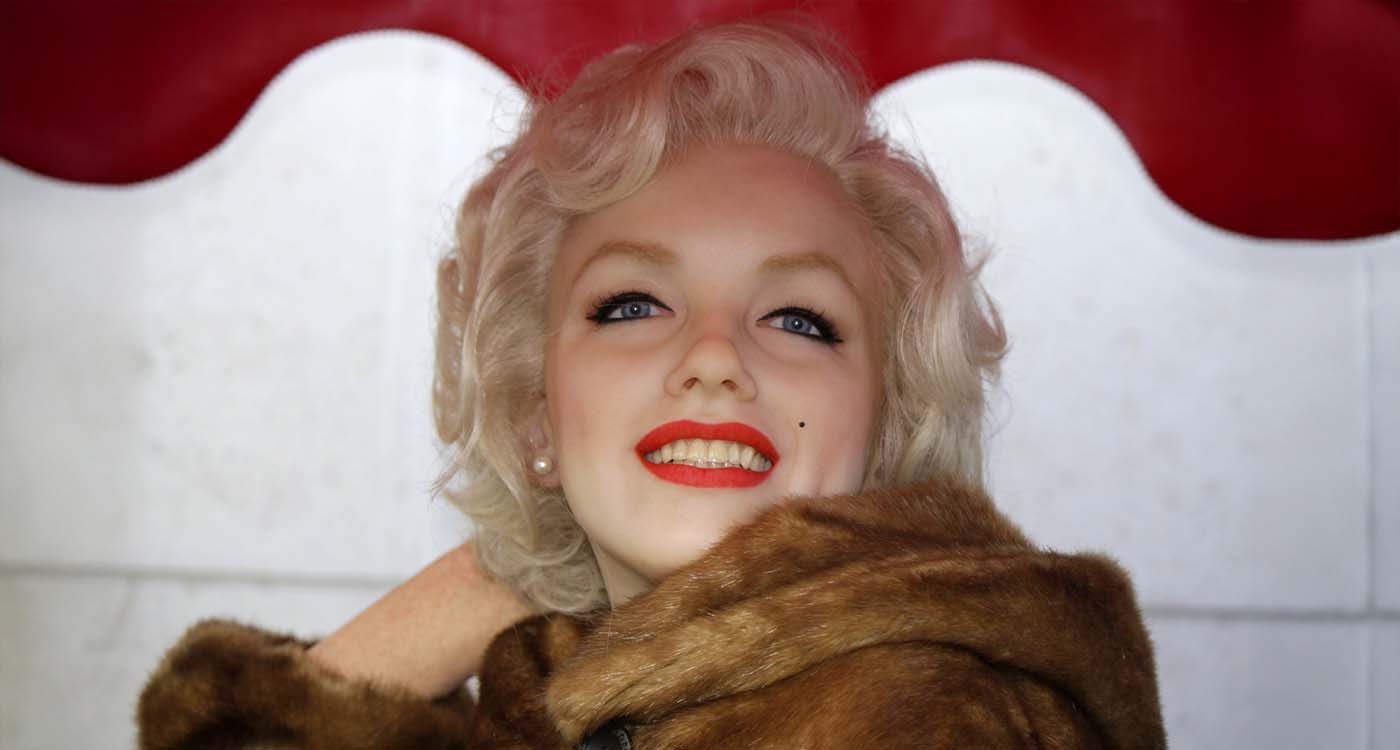
When Marilyn Monroe whispered that she wore “nothing to bed but a few drops of Chanel No. 5,” she sparked one of the most sensual legends in perfume history. A look back at the power of a whispered secret that became a universal myth.
It all began in 1952, when Monroe, then at the height of her Hollywood fame, gave an interview to Life Magazine. Asked what she wore to sleep, the star replied softly with an ambiguous smile: “I wear nothing but a few drops of Chanel No. 5.” What sounded like an intimate confession quickly became one of the most famous quotes of the 20th century, catapulting Chanel’s fragrance into the realm of erotic myth and the ultimate symbol of femininity.
The impact was immediate, and its power has never faded. On the contrary, it became embedded in collective imagination, transcending a mere anecdote to embody the very heart of modern storytelling of luxury and desire. Crucially, it wasn’t a marketing slogan cooked up in an office, but a spontaneous answer, modest and deeply suggestive. Monroe never stripped bare before the microphone; instead, she invited listeners to picture the scene, her nudity cloaked in nothing but the world’s most iconic perfume.
By the early 1950s, Chanel No. 5 already enjoyed a formidable reputation, born in the Roaring Twenties and cultivated by Gabrielle Chanel herself. But its association with Marilyn Monroe, a global star, gave the fragrance a new dimension; that of the ultimate beauty secret, of intimacy revealed, and above all, of sensuality claimed without vulgarity. The myth rested on the power of suggestion: to the classic question of “pajamas or nightgown,” Monroe gave an answer that broke convention, teased the imagination, and charmed the world.
At first, the remark circulated discreetly in the American press, before quickly crossing borders and becoming inseparable from Monroe’s aura. And yet, Chanel itself didn’t fully embrace this connection until half a century later. It was only in 2013 that the brand launched a global campaign built on newly unearthed archival recordings of Monroe. In one, her playful voice tells journalist Georges Belmont, editor-in-chief of Marie Claire: “They ask me what I wear at night… Well, Chanel No. 5, because it’s the truth. But I don’t want to say that I sleep naked!”
It was precisely this ambiguity, between feigned innocence and bold audacity, that gave the legend its enduring force. Chanel No. 5 became the invisible imprint of a body, the subtle trace of desire, the fragrance of a secret. No longer just a beauty accessory, it became an accomplice for women who wished to seduce without laying themselves bare. Through Marilyn, the perfume embodied the promise of a liberated, untouchable femininity.
This phrase left such a mark on perfume history because it emerged at a pivotal moment. In 1950s Hollywood, glamour and suggestion reigned, but censorship and puritanism loomed. Monroe walked a fine line: she offered fantasy while remaining untouchable. Chanel No. 5, in turn, became the password of a generation, the secret bottle of a new freedom.
Decade after decade, the quote continued to resonate. Sales of Chanel No. 5 soared, campaigns followed, and the bottle itself came to be displayed like a work of art. In 2024, Chanel even launched a limited edition of the fragrance directly inspired by Monroe’s words, celebrating the eternal encounter between star and scent. Photographs, recordings, and archives were reintroduced, as if to remind us that true luxury lies in the aura of mystery.
In the end, Marilyn Monroe’s whispered line gave Chanel No. 5 not just publicity, but a soul. It turned a perfume into a myth, weaving together sensuality, freedom, and the Hollywood dream. More than seventy years later, that simple murmur still sets imaginations alight; proof that sometimes a legend is born from a drop of perfume and a secret whispered in the night.

Comments